Laura T. Murphy - Survivors of Slavery: Modern-Day Slave Narratives
Here you can read online Laura T. Murphy - Survivors of Slavery: Modern-Day Slave Narratives full text of the book (entire story) in english for free. Download pdf and epub, get meaning, cover and reviews about this ebook. year: 2014, publisher: Columbia University Press, genre: Religion. Description of the work, (preface) as well as reviews are available. Best literature library LitArk.com created for fans of good reading and offers a wide selection of genres:
Romance novel
Science fiction
Adventure
Detective
Science
History
Home and family
Prose
Art
Politics
Computer
Non-fiction
Religion
Business
Children
Humor
Choose a favorite category and find really read worthwhile books. Enjoy immersion in the world of imagination, feel the emotions of the characters or learn something new for yourself, make an fascinating discovery.
- Book:Survivors of Slavery: Modern-Day Slave Narratives
- Author:
- Publisher:Columbia University Press
- Genre:
- Year:2014
- Rating:5 / 5
- Favourites:Add to favourites
- Your mark:
Survivors of Slavery: Modern-Day Slave Narratives: summary, description and annotation
We offer to read an annotation, description, summary or preface (depends on what the author of the book "Survivors of Slavery: Modern-Day Slave Narratives" wrote himself). If you haven't found the necessary information about the book — write in the comments, we will try to find it.
Slavery is not a crime confined to the far reaches of history. It is an injustice that continues to entrap twenty-seven million people across the globe. Laura Murphy offers close to forty survivor narratives from Cambodia, Ghana, Lebanon, Macedonia, Mexico, Russia, Thailand, Ukraine, and the United States, detailing the horrors of a system that forces people to work without pay and against their will, under the threat of violence, with little or no means of escape. Representing a variety of circumstances in diverse contexts, these survivors are the Frederick Douglasses, Sojourner Truths, and Olaudah Equianos of our time, testifying to the widespread existence of a human rights tragedy and the urgent need to address it.
Through storytelling and firsthand testimony, this anthology shapes a twenty-first-century narrative that many believe died with the end of slavery in the Americas. Organized around such issues as the need for work, the punishment of defiance, and the move toward activism, the collection isolates the causes, mechanisms, and responses to slavery that allow the phenomenon to endure. Enhancing scholarship in womens studies, sociology, criminology, law, social work, and literary studies, the text establishes a common trajectory of vulnerability, enslavement, captivity, escape, and recovery, creating an invaluable resource for activists, scholars, legislators, and service providers.
Laura T. Murphy: author's other books
Who wrote Survivors of Slavery: Modern-Day Slave Narratives? Find out the surname, the name of the author of the book and a list of all author's works by series.

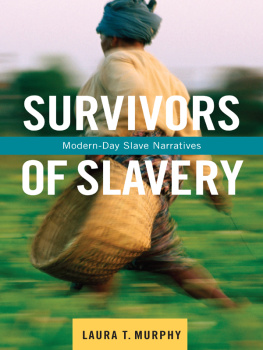
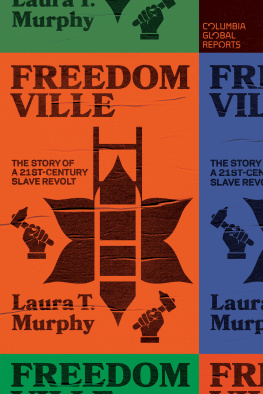

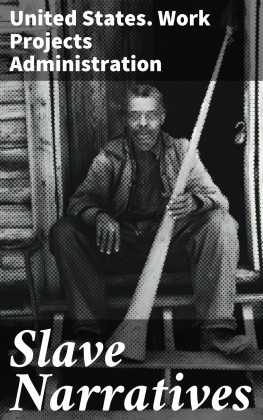

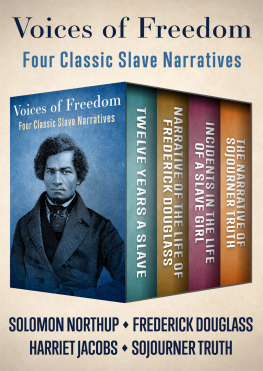
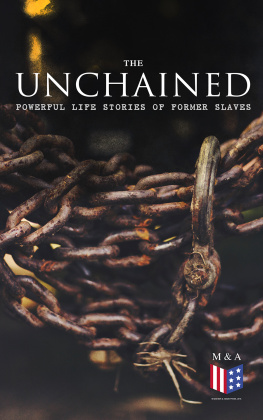
 COLUMBIA UNIVERSITY PRESS NEW YORK
COLUMBIA UNIVERSITY PRESS NEW YORK
